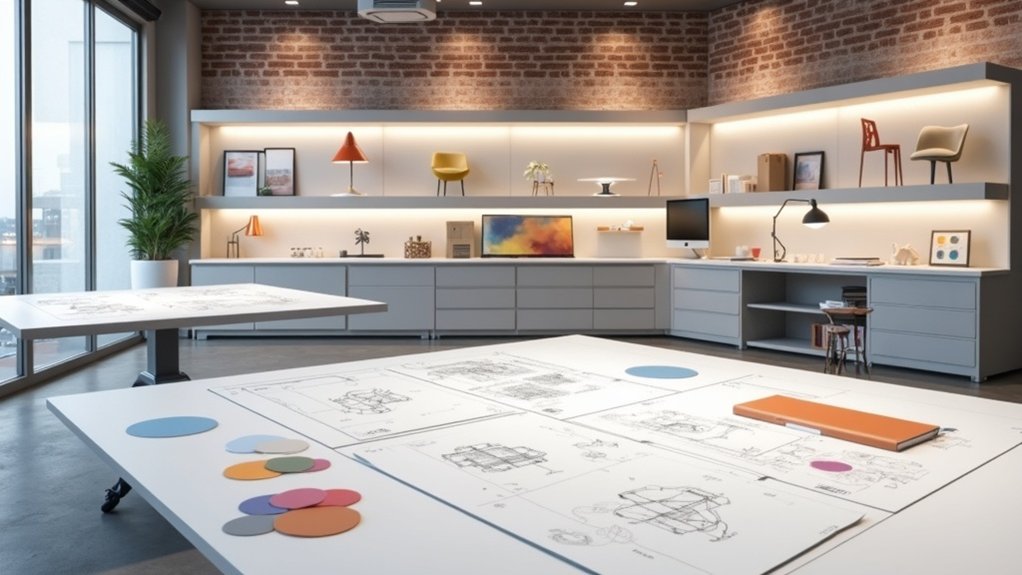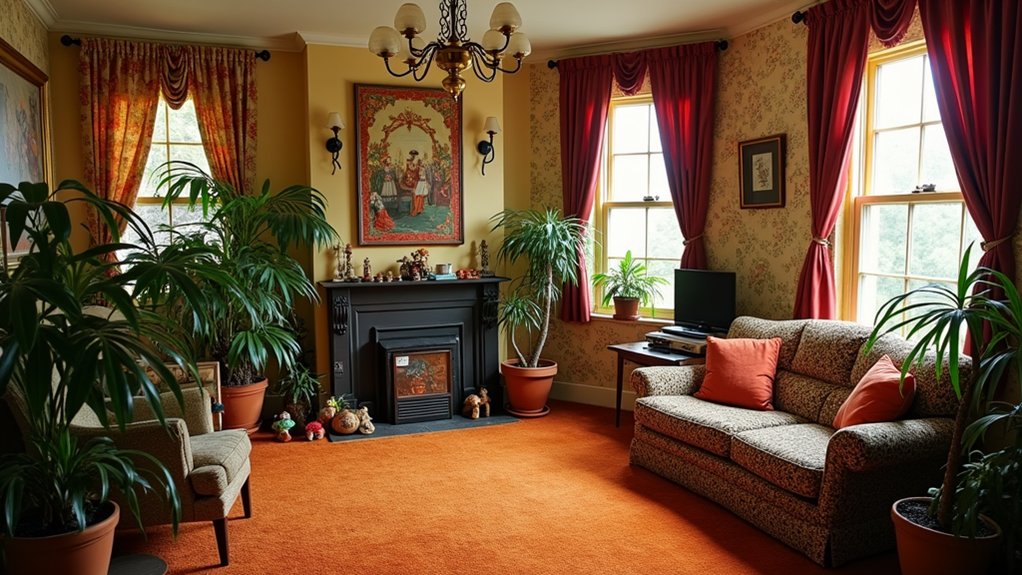The specialized design services industry stands poised for remarkable expansion over the next decade, with market valuations projected to surge from approximately $157.6 billion in 2023 to $267.4 billion by 2032. This trajectory represents a compound annual growth rate hovering around 6%, though various market analyses suggest even more aggressive expansion potential, with some projections indicating growth rates exceeding 9% through 2032.
Design services market set to surge 70% by 2032, reaching $267.4 billion globally.
Digital design services currently dominate the market scope, capturing the largest revenue share as businesses increasingly prioritize online presence and digital transformation initiatives. Industrial design segments demonstrate particularly robust growth metrics, with projections showing an expansion from $47.5 billion in 2023 to approximately $73.1 billion by 2032. This surge reflects growing product complexity and the widespread outsourcing of specialized design activities across manufacturing sectors. Interior design services present another significant growth avenue, with projections indicating $29,513.6 million in additional global annual sales by 2028.
Geographic distribution reveals North America maintaining market dominance, supported by advanced technological infrastructure and high adoption rates within automotive, aerospace, and consumer electronics industries.
Nevertheless, the Asia-Pacific region emerges as the most dynamic growth hub, driven by rapid industrialization and expanding manufacturing capabilities. Europe maintains substantial market share while pioneering sustainable design practices that increasingly influence global standards. Latin America and the Middle East are emerging as promising growth opportunities, contributing to a more balanced global market landscape as companies seek new expansion territories.
Artificial intelligence stands as a transformative force within the industry, automating design processes and reducing manual effort requirements. UK projections indicate that 1.3 million businesses will adopt AI technologies by 2040, representing 34.8% overall adoption.
These technological advances, combined with 3D modeling and enhanced reality applications, make design services more accessible and efficient while enabling user-centric approaches previously impossible.
The sector faces notable challenges in spite of optimistic growth projections. A persistent shortage of skilled professionals constrains expansion potential, while counterfeit designs create market disruptions and intellectual property concerns.
Rising demand from e-commerce platforms, increased construction activities, and growing home renovation investments continue driving market expansion, yet these opportunities remain tempered by workforce limitations.
Market analysts anticipate specialized design services will truly outpace traditional industry growth norms, particularly within technology-driven segments. The convergence of AI capabilities, sustainable design mandates, and evolving consumer expectations positions the industry for sustained expansion through 2032, though success hinges on addressing skill gaps and protecting intellectual property rights.









